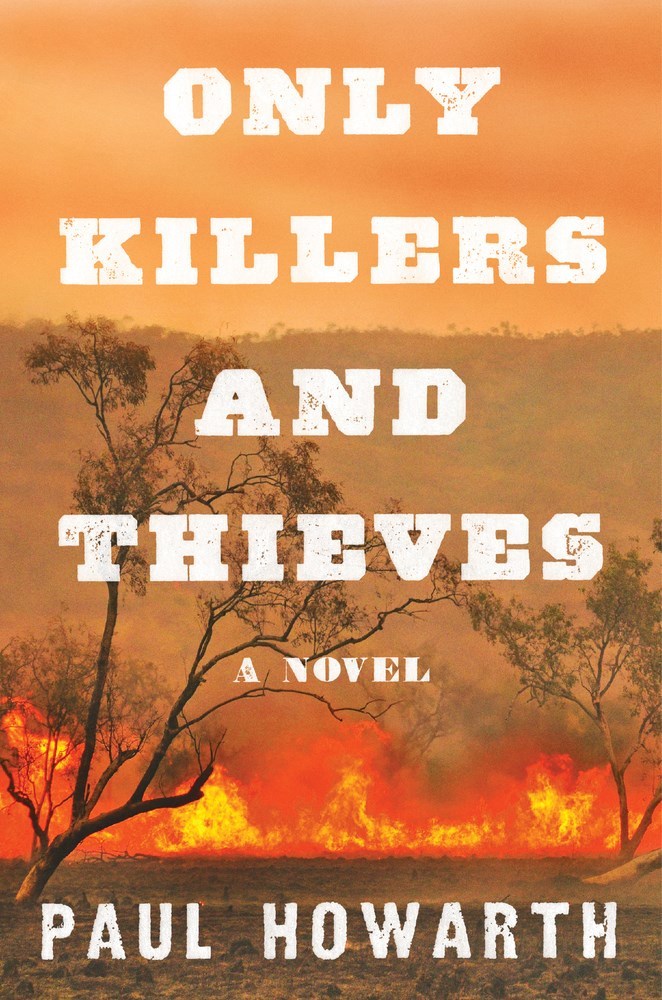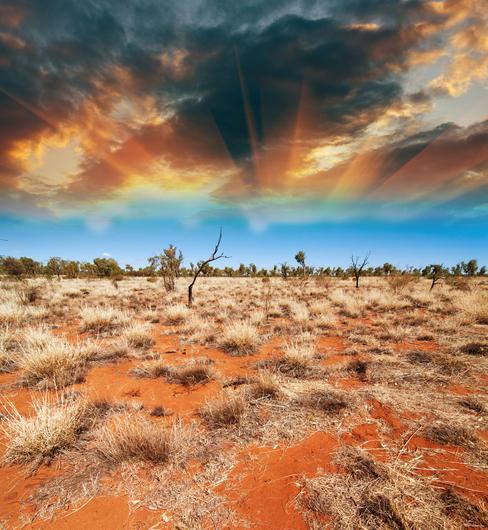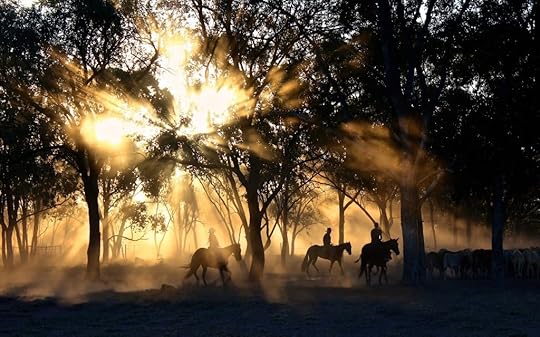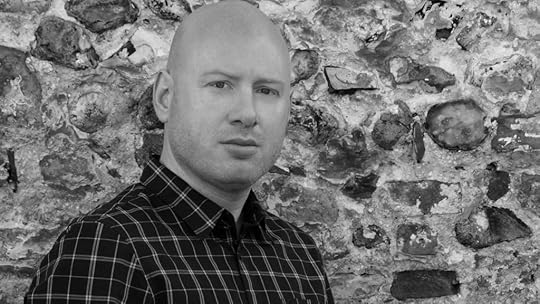What do you think?
Rate this book


325 pages, Hardcover
First published February 6, 2018
The guilt is collective, the responsibility shared. In a hundred years no one will even remember what happened here and certainly no one will care. History is forgetting. Afterward we write the account, the account becomes truth, and we tell ourselves it has always been this way, that others were responsible, that there was nothing we could have done.Australia, 1885, drought-stricken central Queensland. The McBrides struggle to scratch a living from their parcel of land, raising bony cattle, and listening, always listening for the siren song of rain. Tommy (14) and Billy (16) are out hunting a bit too far afield, for something, anything, to add to the family menu when they see the local bigshot, John Sullivan, his assistant, and some native troopers engaged in a nefarious activity. The boys’ father had warned them about staying away from Sullivan’s land. But their witness sparks a tragic sequence of events that leads the boys on a life-altering quest for vengeance, led by none other than the untrustworthy Mr. Sullivan.

Father had a surveyor’s map showing their selection and the surrounding land, everything to the north, south, or east. The lines only went so far west then faded into nothingness; the interior blank.A place where one comes face to face with physical challenges, a venue in which hard moral choices must be made, and where character, one’s personal unknown interior, is both sculpted and revealed. The landscape is a character here. It has moods and expresses itself dramatically. A dark god perhaps rendering judgment on the acts of men with sand storms that can kill in diverse way. The land also serves as a powerful external manifestation of emotional turmoil.
“Might have only dust in it,” Locke said. “We could ride right through.”Like Cormac McCarthy, Howarth intertwines scenes of extreme horror with writing that is rapturous.
“Or might not,” Noone replied. “Might be a sandstorm, blind the horses, strip the skin from your bones. You’re welcome to stay, Raymond. Please do. But the rest of you, back to that shit-pile of a house we found this afternoon.
Locke began protesting but Noone didn’t wait. He turned his horse sharply, gave it both spurs; the horse bared its teeth and took off like it had been shot. Noone didn’t check who was following, though all of them did. Pushing their horses desperately, frantic backward glances as they rode. Tiny little figures on the darkening plain, the wall of earth behind them, its shadows lengthening, swallowing all before it, and gaining. Like the advance of the end of the world.
Four days ago the world had been one way, now it was twisted another way around. He couldn’t get his bearings. Didn’t know for certain where anyone stood. What he’d always taken as definite now felt flaky as the soil on the ground.As Tommy binds us to the story, it is Edmund Noone who captures our attention. He is an extremely dark presence, but shows moments of perception and humanity, seeing Tommy’s talents, and the failings of others. All heads turn when Noone crosses the page. He personifies the cold genocidal brutality of the west invading aboriginal Australia, carrying out the dispersal campaign through which natives were massacred, mirroring the annihilation of native peoples in the USA. This is the core point of the book. He presents his case to Tommy as stripped down truth, reminiscent of CCA Chairman Arthur Jensen reading the riot act to Howard Beale in the stunning film, Network, although with a more outback wardrobe, fewer words, and a lot less bombast. (I hear it delivered as slow burn, a la Clint Eastwood, through gritted teeth, rather than the Sinners in the Hands of an Angry God blast of the Network scene.)
“Listen,” Noone said. “Listen to me now. I’m going to tell you what will happen if we were to let that man live. He will hate us. Not only you and I personally, but all white men. He will become like a tick on the back of a beautiful horse, biting and gnawing and burrowing into the very fabric of this country we are trying to build. He will hunt us, all of us, we will never be safe in our homes. Your families, should you have them, will not be safe. Your children, your grandchildren, will not be safe. Remember, he will breed also. He will produce a dozen heirs, all with his hatred in their blood.There are plenty of other works this book calls to mind. Lonesome Dove for the moral challenges and struggle with responsibility, Cormac McCarthy’s various works for their depiction of western violence and violation, and their richness of language, and The Son for its epic depiction of the savage displacement of one civilization by an invading other.



Men fear that which is alien, that which they cannot control. Hence most are afraid of certain animals, predators, those they cannot tame. In this country that would be snakes, dingos to an extent, but mostly the wild native. It is remarkable really, to see how afraid you all are. They have become like the Devil in the minds of white men.Goodreads has you choose shelves for books you review. I am making a new one for this, Top Ten 2018 maybe; of course, it is provisional as yet, but I am pretty sure it will still be there in December. This brutal story of settlers, sharecroppers, and frontier justice on the edge of the Outback in 1880s Queensland also clearly goes on my Australia-NZ shelf—it has the sharp ring of authenticity—but in fact it was written by a Brit who only spent six years of his life Down Under. I am also putting it on my Bildungsroman shelf, although its main action takes less than a year, because its main character, Tommy McBride, learns the moral lessons of a lifetime during the few weeks surrounding his 15th birthday. And I was considering starting another one, Good Books I Hated, but that would only apply to the first half, so instead I shall explain.